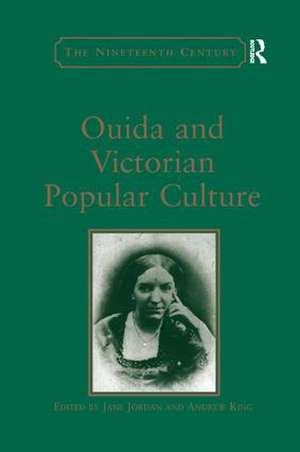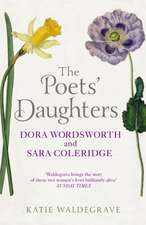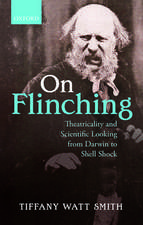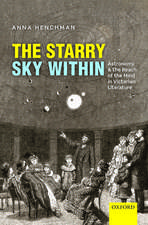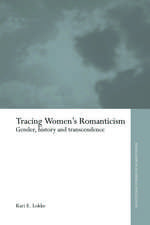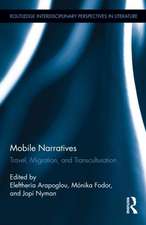Ouida and Victorian Popular Culture
Autor Andrew King Editat de Jane Jordanen Limba Engleză Paperback – 17 noi 2016
| Toate formatele și edițiile | Preț | Express |
|---|---|---|
| Paperback (1) | 469.34 lei 6-8 săpt. | |
| Taylor & Francis – 17 noi 2016 | 469.34 lei 6-8 săpt. | |
| Hardback (1) | 1057.26 lei 6-8 săpt. | |
| Taylor & Francis – 23 oct 2013 | 1057.26 lei 6-8 săpt. |
Preț: 469.34 lei
Nou
Puncte Express: 704
Preț estimativ în valută:
89.82€ • 93.43$ • 74.15£
89.82€ • 93.43$ • 74.15£
Carte tipărită la comandă
Livrare economică 15-29 aprilie
Preluare comenzi: 021 569.72.76
Specificații
ISBN-13: 9781138268241
ISBN-10: 1138268240
Pagini: 248
Dimensiuni: 156 x 234 x 13 mm
Greutate: 0.45 kg
Ediția:1
Editura: Taylor & Francis
Colecția Routledge
Locul publicării:Oxford, United Kingdom
ISBN-10: 1138268240
Pagini: 248
Dimensiuni: 156 x 234 x 13 mm
Greutate: 0.45 kg
Ediția:1
Editura: Taylor & Francis
Colecția Routledge
Locul publicării:Oxford, United Kingdom
Notă biografică
Jane Jordan is Senior Lecturer in English at Kingston University, UK, and Andrew King is Professor of English Literature and Literary Studies at the University of Greenwich, UK.
Recenzii
’Packed full of rich detail about one of Victorian literature’s most colourful and complex personalities, this new collection encourages readers to rethink the scope and variety of Ouida’s career on all kinds of levels. It is set to become one of the first ports of call for anyone wanting to understand the novelist and the professional world in which she and her female contemporaries had to work’. Andrew Maunder, University of Hertfordshire, UK '... nineteenth-century scholars must be grateful to [Ashgate] for its willingness to bring out volumes like this one, which few if any other academic publishers would consider financially feasible. Full in its coverage, useful for scholars and students interested in popular culture and nineteenth-century women writers, this collection of essays belongs in all research libraries.' NBOL-19 ’This consideration of Ouida and Victorian popular culture is meticulously researched and organised, and in its invitation to new modes of reading, brings renewed vitality to discussions of Ouida’s achievement and that of her popular contemporaries.’ SHARP News 'Jordan and King's desire to place Ouida in context is promoted visually and compellingly by the images from her books that begin each chapter. Ashgate wisely includes footnotes, not endnotes, making investigation easy and pleasant for readers. I hope this will become a trend. All in all, Ouida and Victorian Popular Culture is an important book about a writer too long considered unimportant, and a valuable adition to Victorian studies.' Women's Writing
Cuprins
List of Illustrations, Notes on Contributors, Acknowledgements, Introduction, Part I Rereading Ouida, PART II Rewriting Ouida, Part III Ouida and Politics, Bibliography, Index
Descriere
'Ouida,' the pseudonym of Louise Ramé (1839-1908), was one of the most productive and widely read Victorian writers. This volume offers a radically new view of Ouida, engaging with perceptions of popular and women writers, conceptions of 'high' and 'low' literatures, theatrical adaptation of fiction, and issues related to imperialism, nationalism and cosmopolitanism. Its usefulness to scholars is enhanced by bibliographies of Ouida's published works and stage adaptations of her fiction.
